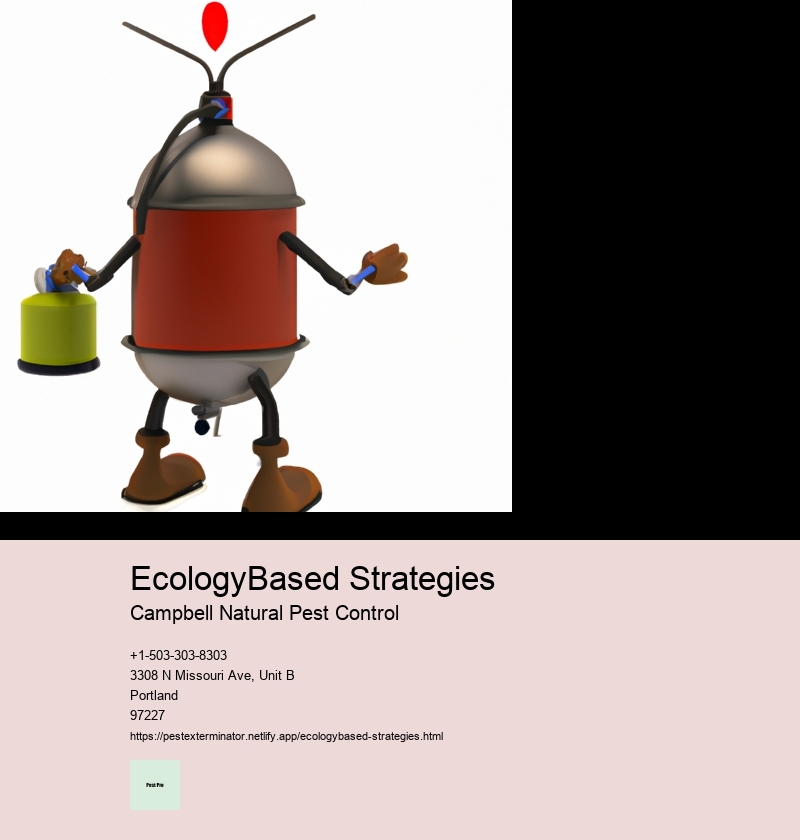EcologyBased Strategies
non-toxic home and garden remedies
Assessment of the environmental impact of human activity is a (vital) part of ecology-based strategies! Studies have shown that many negative impacts to the environment are directly linked to our activities. This includes things like air and water pollution, land degradation, climate change and destruction of habitat. It's important to understand these effects in order to develop effective sustainable solutions.
Firstly, air pollution occurs when certain pollutants are released into atmosphere from factories, cars etc. These pollutants can cause respiratory illnesses as well as damage nature’s balance by increasing acid rain. Furthermore, water pollution happens when chemical compounds such as fertilizers or sewage seep into rivers and oceans and lead to oceanic dead zones where no life can survive. Additionally, land degradation takes place due to unsustainable agricultural practices or industrialization leading to topsoil erosion and desertification. Besides this, global warming is caused due to increased emission levels resulting in rising sea levels and extreme weather events like floods and heatwaves!
To tackle these issues we need better governance measures. To start with, restrictions should be placed on industries regarding the amount of emissions they produce; renewable energy sources must replace traditional ones; proper waste management systems should be implemented; people should be incentivised for reusing/recycling resources; research needs to be conducted on how species adaptation techniques can help them survive in changed environments etc.(In conclusion), if we act now it's possible for us humans to mitigate some long-term damages done so far!



